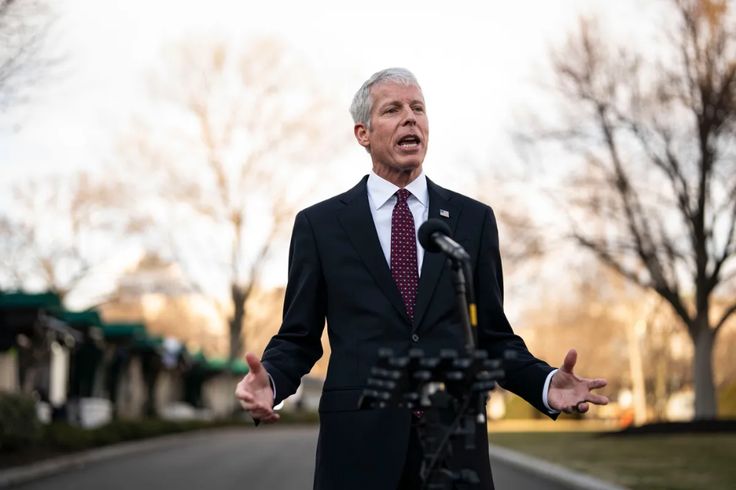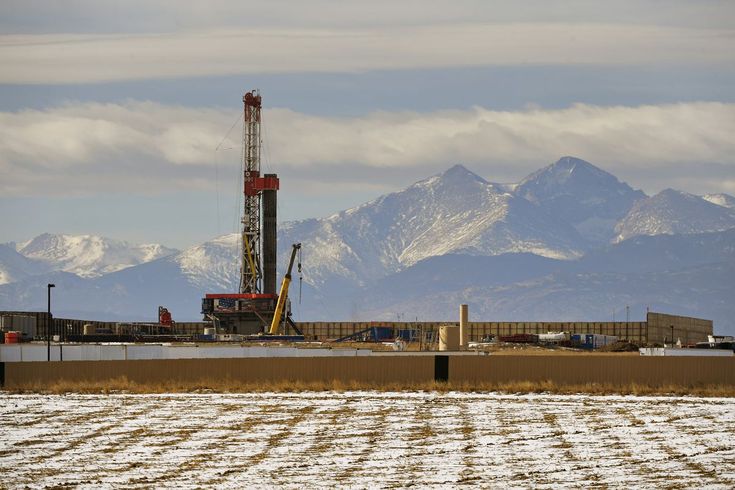The recent UN Climate Aid Warning has drawn sharp attention to the global imbalance between skyrocketing defense spending and underfunded climate action. According to the United Nations, trillions are being funneled into military budgets while the planet faces escalating climate disasters, from deadly floods and heatwaves to biodiversity collapse.
The UN Climate Aid Warning underscores that without substantial investment in climate resilience and aid for vulnerable nations, rising defense expenditures will provide little protection. As climate-related disasters grow more frequent and severe, the warning resonates as both a humanitarian and geopolitical crisis.
The Scale of Defense vs. Climate Spending
The UN Climate Aid Warning points to a stark reality: global defense spending in 2023 surpassed $2.4 trillion, while climate finance commitments fell short of the promised $100 billion annually pledged in the Paris Agreement.
- Defense budgets rising: Nations are boosting military funding amid geopolitical tensions, such as the Russia-Ukraine war and strained U.S.-China relations.
- Climate finance lagging: Meanwhile, climate-vulnerable nations in South Asia, Africa, and the Pacific Islands struggle to recover from catastrophic floods, droughts, and cyclones with minimal external support.
The imbalance highlights the core argument of the UN Climate Aid Warning—that military buildup cannot substitute for genuine investment in planetary survival.
Climate Change as a Security Threat
The UN Climate Aid Warning reframes climate change as not only an environmental crisis but also a profound security issue. The logic is simple: climate disasters destabilize nations far more than traditional warfare.
- Mass displacement: Floods, droughts, and sea-level rise are forcing millions from their homes, creating potential refugee crises.
- Food insecurity: Drought-stricken regions face crop failures that exacerbate poverty and hunger.
- Resource conflicts: Scarcity of water and arable land is already fueling local and regional disputes.
In this context, the UN Climate Aid Warning insists that investments in defense without climate resilience are short-sighted. True security requires protecting communities from the environmental threats that destabilize societies.
The Humanitarian Dimension
At the core of the UN Climate Aid Warning lies the plight of vulnerable populations. Nations in the Global South contribute the least to greenhouse gas emissions yet bear the heaviest burden of climate impacts.
For example:
- Pakistan’s monsoon floods (2022): Displaced millions, caused billions in damages, yet international aid fell far short of reconstruction needs.
- Mozambique’s cyclones: Repeatedly devastate infrastructure with limited global support.
- Pacific Island states: Face existential threats from rising seas but lack adequate adaptation funding.
The UN Climate Aid Warning stresses that ignoring these humanitarian crises undermines global stability, fueling migration and regional instability.
Political Resistance to Climate Aid
Despite the urgency, the UN Climate Aid Warning faces resistance from wealthier nations reluctant to meet their climate finance pledges. Critics argue that domestic priorities, inflation, and defense obligations limit available funds.
However, the UN counters that the costs of inaction will far outweigh upfront investments in climate resilience. Every dollar not spent on adaptation today multiplies into far greater losses tomorrow through disaster recovery, migration crises, and social unrest.
Linking Defense and Climate
One striking element of the UN Climate Aid Warning is its call to redefine national security. Instead of treating defense and climate as separate issues, the UN urges governments to recognize climate adaptation as a cornerstone of security.
This approach includes:
- Green defense initiatives: Militaries reducing their own carbon footprints through renewable energy adoption.
- Disaster response roles: Armed forces contributing to humanitarian relief during climate disasters.
- Joint investments: Allocating part of defense budgets toward infrastructure that doubles as climate resilience, such as flood defenses and renewable grids.
By bridging the gap, nations can make progress on both fronts without sacrificing preparedness.
Global Leadership and Responsibility
The UN Climate Aid Warning also highlights leadership responsibility. Major emitters—the U.S., China, and the EU—are expected to shoulder the greatest share of climate finance commitments. Yet political divides often hinder collective action.
For example:
- The U.S. Congress has repeatedly stalled climate funding bills.
- The EU has focused on domestic green policies but struggles with unified foreign climate aid.
- China has positioned itself as a renewable energy leader but remains the world’s largest emitter.
The UN Climate Aid Warning insists that leadership must go beyond rhetoric to sustained financial commitments.
The Cost of Inaction
The consequences of ignoring the UN Climate Aid Warning are severe. According to the Intergovernmental Panel on Climate Change (IPCC), unchecked warming could slash global GDP by up to 18% by 2050 due to climate impacts.
Moreover, regions already destabilized by conflict—such as the Sahel, the Middle East, and South Asia—could face compounded crises as climate change fuels further instability. In this sense, failing to heed the UN Climate Aid Warning risks both humanitarian catastrophe and geopolitical chaos.

A Path Forward
The UN Climate Aid Warning calls for urgent action:
- Meeting pledges: Wealthy nations must fulfill the $100 billion annual climate finance promise.
- Expanding climate funds: Establishing new mechanisms for loss and damage compensation.
- Integrating policies: Defense, development, and climate must be jointly addressed in policymaking.
- Private sector role: Corporations and banks should contribute to climate finance through green investments.
By reframing climate aid as a security investment rather than charity, the UN Climate Aid Warning pushes for a shift in global priorities.
Conclusion
The UN Climate Aid Warning delivers a powerful message: global security cannot be achieved with tanks, missiles, or warplanes alone. True safety lies in preventing the cascading crises triggered by climate change.
Defense spending without climate action is, as the UN puts it, “pointless.” Nations that fail to heed this warning risk not only humanitarian disasters but also the collapse of international stability. The choice is stark—invest in climate resilience now, or face a future where no level of defense spending can shield societies from the storm.
Source:
UN News



